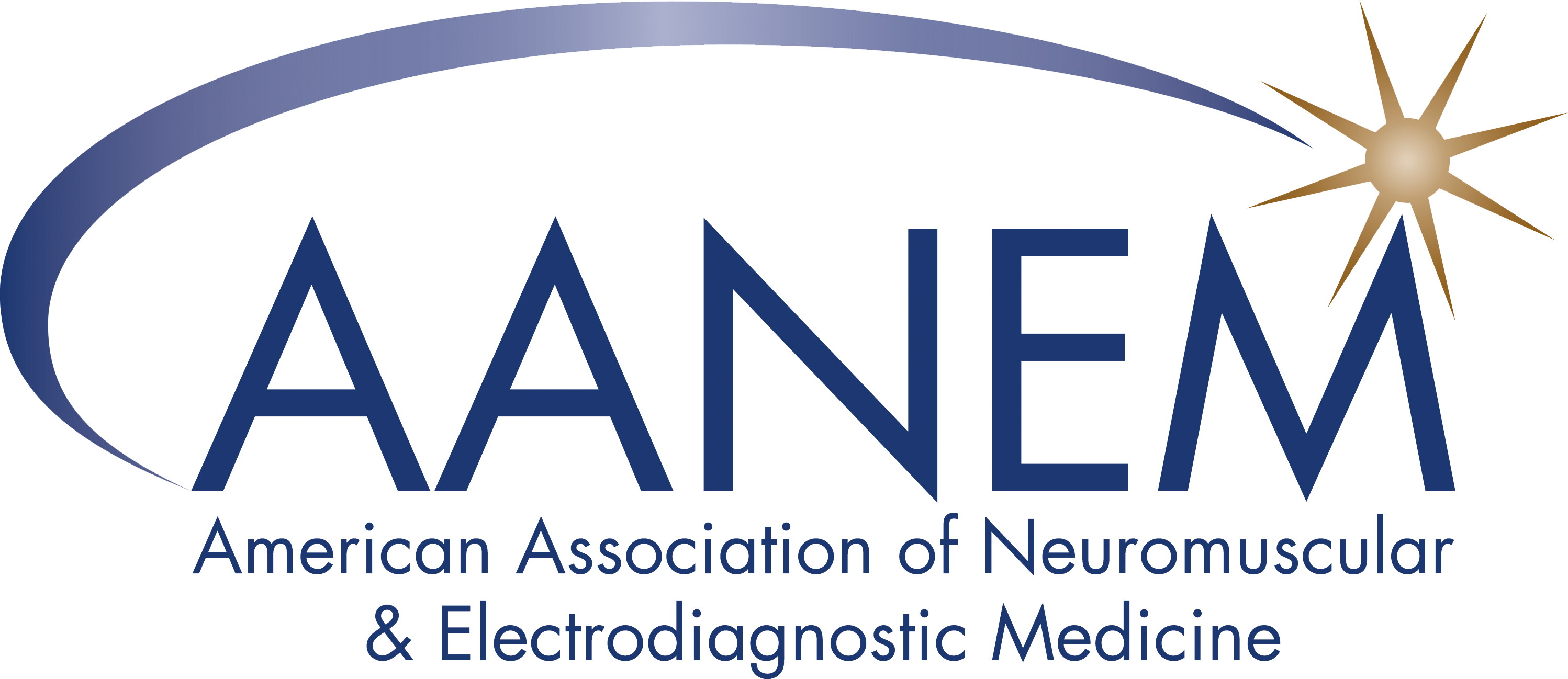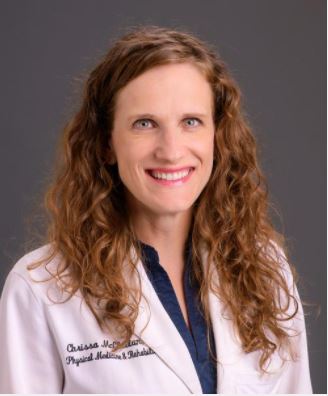MU Health Care

What prompted you to accredit your lab initially?
I work at a large academic medical center in Mid-Missouri. I noticed that there were no other AANEM accredited labs in our service area, so I thought it was an opportunity to prove to referring providers that we hold ourselves to national standards. I am the director of the electrodiagnostic curriculum for PM&R residents, so I also felt that in order to provide them with the best training, we needed to pursue this accreditation.
What value or benefits have you seen from accreditation?
I have been using our lab accreditation as a tool for resident recruitment, and I have received positive feedback. I have used the accreditation to market other referring providers outside of our large academic medical center, and I have attracted more referrals.
How did going through the accreditation process help you shore up or improve processes and procedures?
We now have robust continuous quality improvement measures in place. The two residents on electrodiagnostic rotations meet monthly with all electrodiagnostic faculty for a EMG case review. During that time, faculty & residents discuss difficult electrodiagnostic cases, and give everyone performance improvement feedback, ensuring accurate diagnosis. This has resulted in resident involvement in quality improvement projects.
What did you learn by going through the accreditation process?
I learned about how much fraud and abuse is in the electrodiagnostic community. Perhaps it is because I have only practiced in an academic medical center, but I was completely oblivious to this. During the process they asked for proof of very basic things, like whether we had qualified physiatrists, an electronic medical record, safety manuals, and a waiting room. After exploring this further, I realized that people are performing and billing electrodiagnostic services without providing some of these most basic needs.
What was the most challenging portion of the application?
The most challenging part of the application was getting the Chair of my PM&R department to approve funding for the accreditation. We do not struggle to get referrals for electrodiagnostics in our large academic medical center, so it was not felt to be be very valuable initially. After more discussion about how it would improve quality for electrodiagnostic training in residency, then it was approved. The actual application was quite easy, since we already have much of these policies and procedures in place.
Did anything about the accreditation process surprise you? If so, what?
I was very surprised about how thorough the process is, yet how quickly you find out whether you are approved or not. It seems like a very daunting process, but many of the requirements we were already doing, so it was just a matter of going through the formal process.
Why should others accredit their laboratory?
If you are in academic medicine, and you are training residents and/or fellows to perform electrodiagnostic studies, I highly recommend you accredit your lab to demonstrate to trainees that you do quality work.

